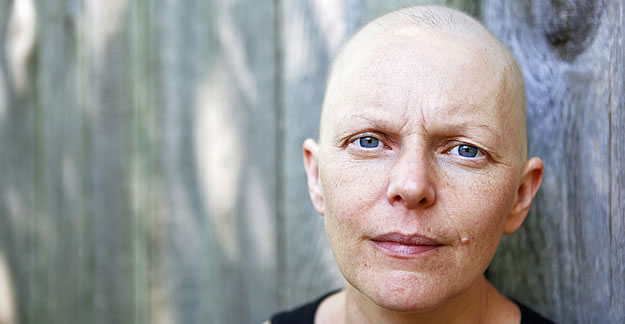Growing heart muscle cells from human stem cells can help determine whether cancer patients taking the chemotherapy agent doxorubicin are at risk of developing heart damage, a severe chemo side effect associated with the drug.
Scientists at Stanford University say that new research conducted using heart muscle cells derived from women with breast cancer may one day help predict who should avoid doxorubicin. The new research is significant since, up until now, the only way to investigate the heart damage risk associated with the drug was through animal testing because obtaining human heart muscle tissues is difficult.
Researchers collected skin cells from 12 women, 8 of whom were treated for breast cancer. All 8 received doxorubicin as treatment. Half of the women in the group experienced heart problems after taking the drug, while the other half did not. The 4 women without breast cancer served as a control group.
The team then created stem cells from the participants’ own skin cells, which were subsequently grown into heart muscle cells.
“We found that cells from patients who had experienced doxorubicin toxicity responded more negatively to the presence of the drug,” Paul Burridge, PhD, the study’s lead author, now with Northwestern University, said in a statement. He added that the heart cells “beat more irregularly in response to the increased levels of doxorubicin, and we saw a significant increase in cell death after 72 hours of exposure to the drug when we compared those cells to cells from healthy controls or patients who didn’t have heart damage.”
The next step for researchers is to determine what causes the sensitivity to doxorubicin in some people and also other chemo side effects.
“Doxorubicin and other similar drugs are used to treat many types of cancers, including lymphoma and leukemias,” said Melinda Telli, MD, of Stanford. “But we don’t want to cure any of these patients of their cancers only to leave them with another life-threatening problem.”






